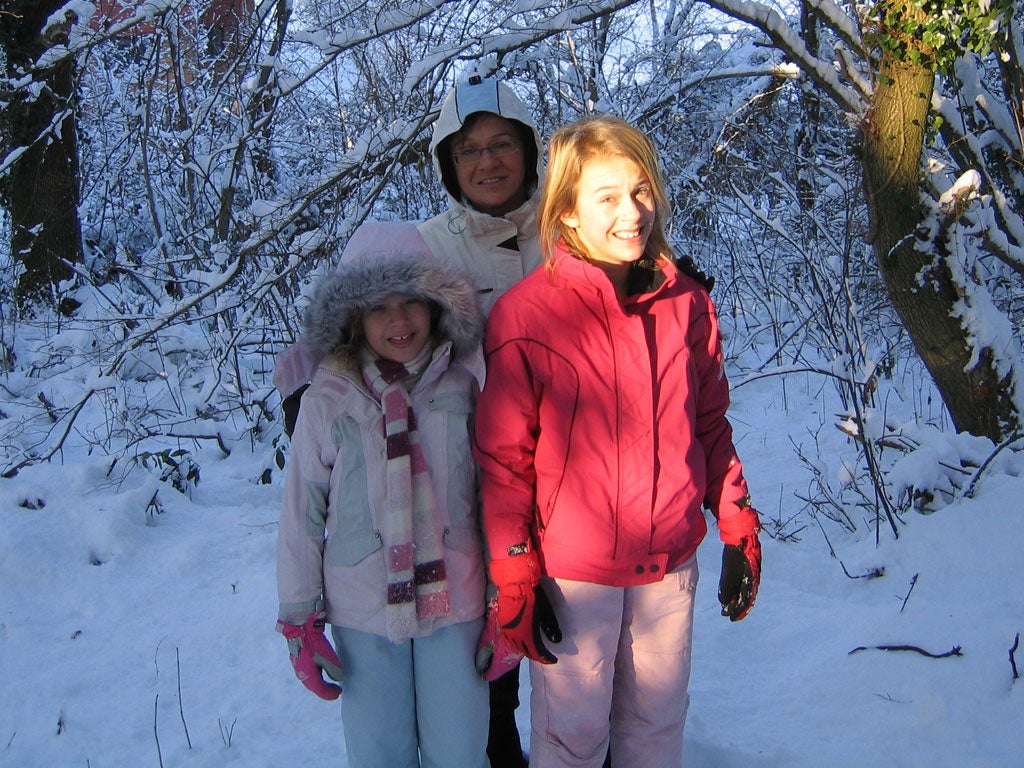'Too expensive' cystic fibrosis drug is blocked due to expense
'Cure' costs £182,000 a year, but it enables some with lung condition to lead a normal life

A drug that could transform the lives of hundreds of people with cystic fibrosis is being blocked from use in England because of a battle over cost, it emerged last night.
The EU approved in July the use of Kalydeco, described by campaigners as, in effect, a "cure" for some cystic fibrosis sufferers, but the NHS has not given the green light because of the high cost per patient: £182,000 a year.
Kalydeco, which is available in the United States, Germany and Italy, has been so effective in clinical trials that sufferers have come off the transplant list or been able to walk again after being confined to a wheelchair by the lung disease.
A petition, organised by the Cystic Fibrosis Trust and signed by 12,000 people, was handed to the drug company Vertex on Friday, urging it to reduce the price.
NHS officials from the Clinical Priorities Advisory Group (CPAG) and representatives from Vertex will meet this week to try to resolve the issue. The hold-up is also being blamed on the axing of a commissioning body, Advisory Group for National Specialised Services, which was responsible for approving drugs to small groups of people. The commissioning body Nice, which is responsible for drugs prescribed to 10,000-plus patients, will not take over approval for "low volume" drugs until next April.
More than 9,000 people in the UK have cystic fibrosis, but the Kalydeco drug works on patients with a specific gene mutation, G55ID – known as the "Celtic gene", because it affects a high proportion of people from Celtic backgrounds. About 440 cystic fibrosis sufferers have this mutation and could be helped by the drug.
Among parents to sign the petition were David and Sarah Barker, from Hampshire, whose 12-year-old daughter, Alexandra, has cystic fibrosis and has undergone a trial for Kalydeco since May 2010. Mrs Barker said: "We found out relatively late in Alexandra's life that she had cystic fibrosis. She was six years old and it came as quite a shock. She had been so unwell and the diagnosis was devastating.
"In the six months before she started taking Kalydeco, Alexandra had to have hospital stays every three months for two weeks. After she started taking Kalydeco she had shown improvements within a week. Lung function has gone up and she's thriving. Unless you have a chronically ill child you won't understand, but CF had taken over our lives. We've not only got Alexandra back; we've got our lives back. Her school work has improved and we can look forward to the future, but only if she can continue with this treatment."
In a letter to Vertex, Ed Owen, chief executive of the Cystic Fibrosis Trust, said the CPAG had "accepted the clinical benefits of the treatment, describing it as 'a significant new step in managing cystic fibrosis' and that the treatment 'provides both a long-term quality of life and survival benefit to patients'".
Mr Owen added: "The Cystic Fibrosis Trust's policy on Kalydeco is clear: that all who would benefit should get it as soon as possible, without impacting on funding for general CF care."
Subscribe to Independent Premium to bookmark this article
Want to bookmark your favourite articles and stories to read or reference later? Start your Independent Premium subscription today.

Join our commenting forum
Join thought-provoking conversations, follow other Independent readers and see their replies